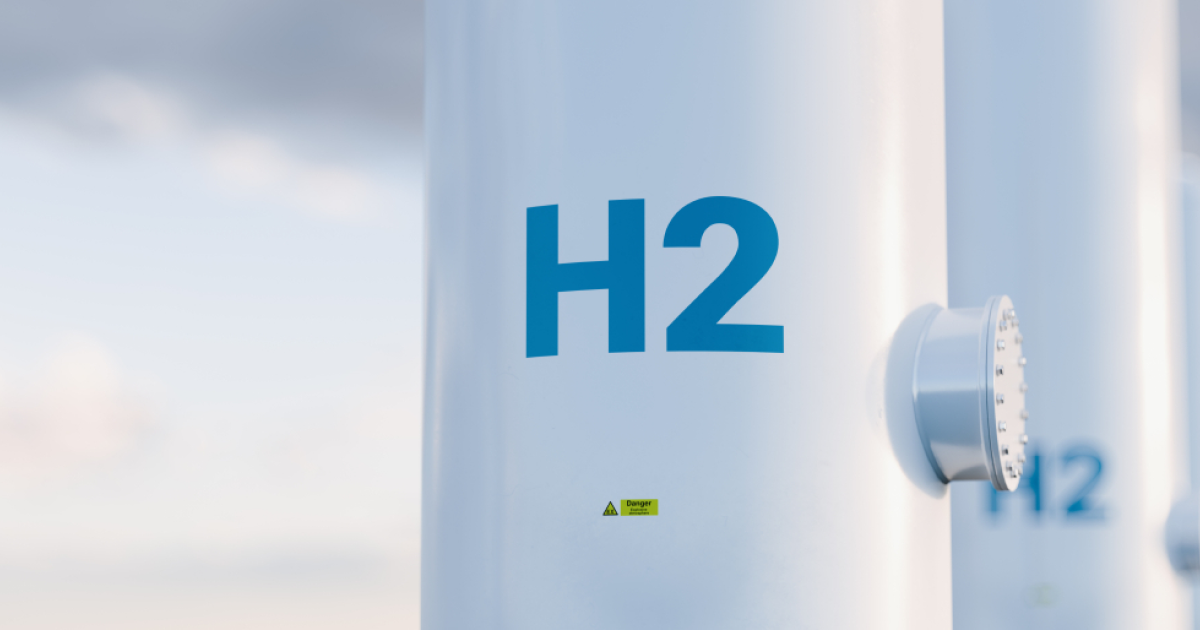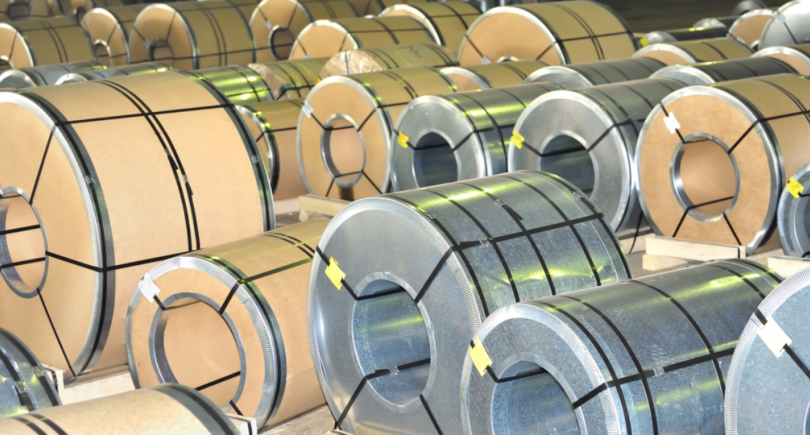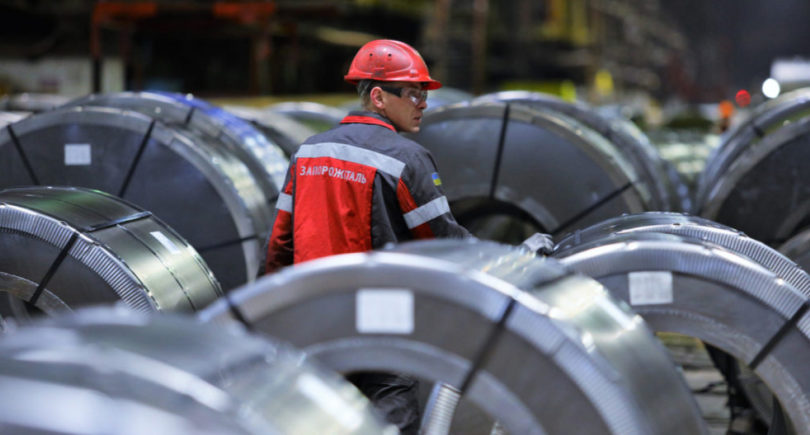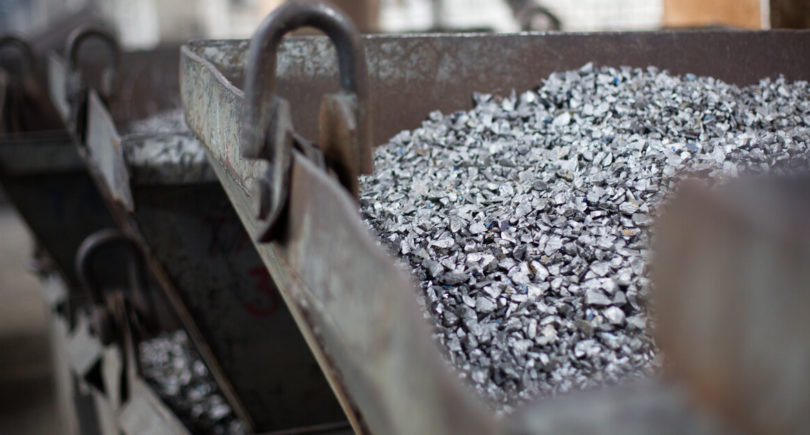
The Alliance can serve as a tool to promote hydrogen policy
Thirteen German associations representing the energy, gas, hydrogen, steel and other sectors have written to Friedrich Merz, calling on the incoming government to initiate a strategic alliance on hydrogen at the European level.
“Geopolitical changes and international competition for value creation pose major challenges for Europe and Germany. They require a strategic approach to secure energy and technological sovereignty and to strengthen the competitiveness and sustainability of our industrial location. Hydrogen plays a key role in this,” the statement says.
The associations recommend that Germany take the initiative to establish a hydrogen alliance with other EU member states and propose to enshrine this provision in the future coalition agreement.
The German industrialists believe that the next legislative period is a crucial window of opportunity to give a new impetus to the increase in hydrogen production in Europe.
To ensure broad-based growth, the alliance should be open to all forms of renewable and low-carbon hydrogen, the letter says. It can be used to promote an ambitious and implementation-oriented hydrogen policy in the EU Council, before the European Commission and the European Parliament. The alliance could also be a means to build closer bridges with strategically important non-EU partners, such as the UK and Norway, and other potential importing countries.
In February 2025, Salzgitter started construction of one of Europe’s largest green hydrogen plants. Starting in 2026, the Salzgitter facility is expected to produce about 9,000 tons of hydrogen annually, which will be a key milestone in the company’s SALCOS (Salzgitter Low CO2 Steelmaking) program to reduce CO2 emissions in steel production.



